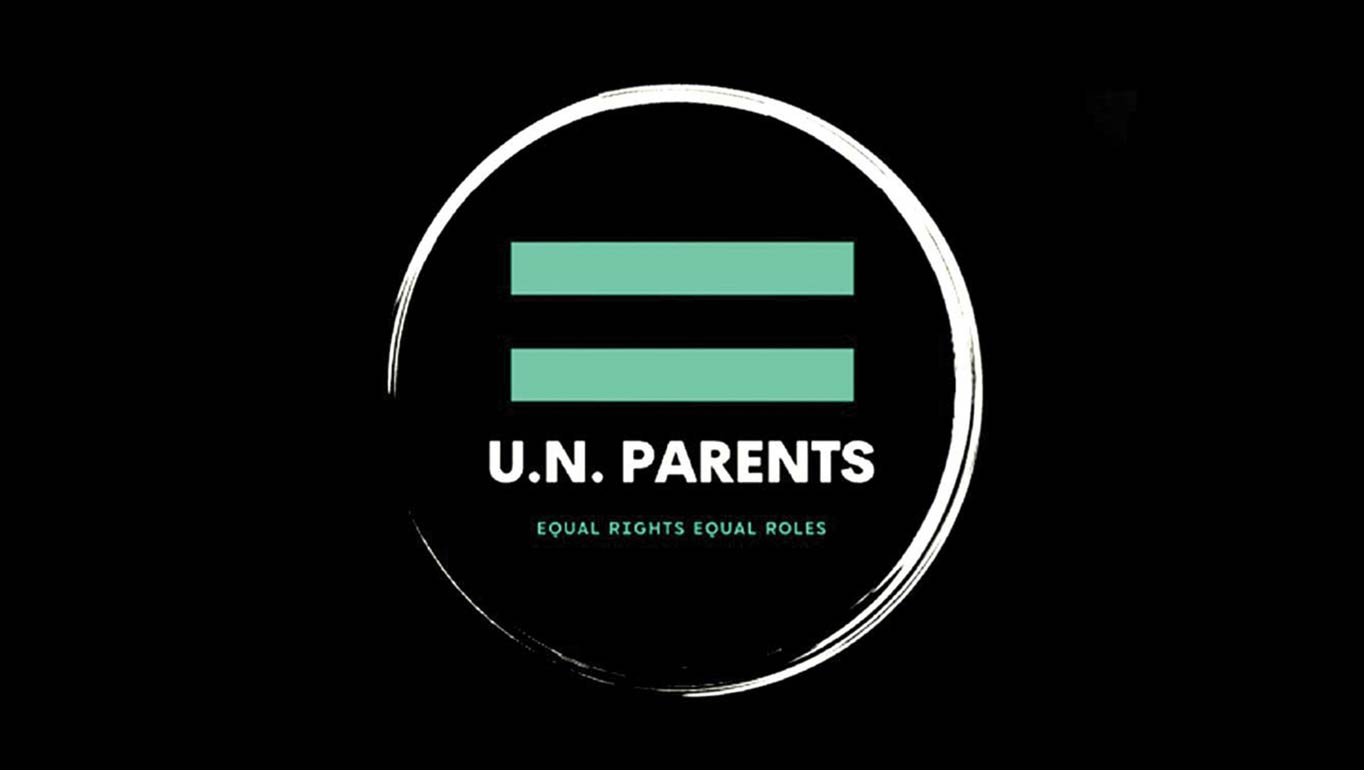In our first article published on 9 November 2021, we relied on our own experiences to raise awareness about the insufficient maternity and paternity leave offered by the UN. We also highlighted the fact that the education grant only applies from the start of primary school, while no support is provided for early childhood care. We outlined how the current policies at the UN reinforce gender inequalities and negatively impact families and their children.
Our article was met with a great number of responses from colleagues from across duty stations and entities wanting to share their varied testimonies. We are glad U.N. Parents* can be considered a safe space for parents to reach out to share their stories. We decided to make these voices heard and to shine a light on the struggles parents at the UN face, but most often keep silent about for fear of being judged, being labeled as privileged yet ungrateful, of losing one’s job or promotion opportunities, or simply because they have not found a listening ear at the Organization. For this reason, some of these stories will be published anonymously.
This is the second episode of the series called “Parents’ voices.” We hope that our stories resonate with policymakers and those who have the power to make the UN System more just, for all of us as (to be) parents, but also for our children.
Hendrik Koch, Senior Operations Assistant, International Labor Organization
My husband and I are a same-sex couple. I remember one day, I was standing in our empty apartment looking at a brochure for surrogacy, thinking, “We will never be able to afford a family of our own…” Five years later, I’m sitting in a restaurant ripping up the napkin and knocking over my water in nervous twitches as we wait to meet a potential surrogate. We flew halfway across the world, poured every single cent of our savings into this plan, and there we were, trying to match with an angel to help us become a family. We hit it off, and three hours later I knew we were going to be parents. What greater feeling is there in the world? Well, until we realized that, as men, we only had four weeks of parental leave! “Where do I go with a 4-week old child if we both have to go back to work?” I wondered!
My husband’s employer at an NGO had family leave based on primary and secondary care provider roles, so he was able to get 16 weeks of paid family leave. At that point, I realized that the UN had fallen behind in the equality race. I was not biologically related to our newborn, so I had to negotiate with my organization to give me eight weeks of adoption leave.
Two years later, we were back at surrogacy contracts and getting ready for a sibling. This time, I approached my organization asking for maternity leave, instead of paternity leave, since I was the primary caregiver. My request was met with astonishment and closed-door meetings where HR explained that what I was asking for was crazy. I challenged their decision at the UN Tribunal, but lost. All I had wanted was for the tribunal to request some change to the UN policies, and to recognize that, no matter what the family looks like, the children need the same level of care and love. I think it’s about time that the UN starts thinking about more human and child-centred family policies!
Anonymous, single dad of one
Deciding to build a family is life-changing. Even more so when you are a single parent. Getting ready to face the paperwork, the administration, the surrogate, and your feelings, all requires solid determination. It is crucial to be accompanied by your family and friends, but you definitely need to have your organization on your side as well.
Being a single parent means you are both mom and dad at the same time. It means you are the one who needs to shoulder all the big decisions at a time when so many changes are going on in your life. This was my case when I had my daughter and was limited to only four weeks of paternity leave, with no particular benefits related to parenting since I assumed other roles in my organization that required travel and mobility while parenting alone. I feel that the UN failed me and my child when it failed to recognize that I was the sole caretaker.
I think the problem is the very binary definition of parenting (mother/father) at the UN, which excludes other forms of families. There are families made of single parents, families where the lead parent is a mother and in others, a father, and families resulting from adoption and fostering, amongst many others. These families are all part of our societal reality. Defining lead or sole caretaker responsibilities would not only help single parents, but all families who wish to choose their family design and decide who will be the one needing the time off for caretaking. This is even more critical for colleagues with consultancy or Individual Contractor positions who often satisfy the long-term needs of the Organization without benefiting from the staff category benefits and entitlements. We cannot help but wonder if it is considered that the IC’s children do not deserve the same time and care as the P staff’s children…
Make your voice heard
At U.N. Parents, we are preparing suggestions to present to the UN on how to evolve towards a fairer and more equal system of parental leave, based on the best interest of the child. If you wish to join in this effort or share your testimony to be published, please reach out to unparents@gmail.com or bardia.jebeli@un.org
[1] Special thanks to UN-Globe for facilitating Hendrik’s contact with U.N. Parents.



